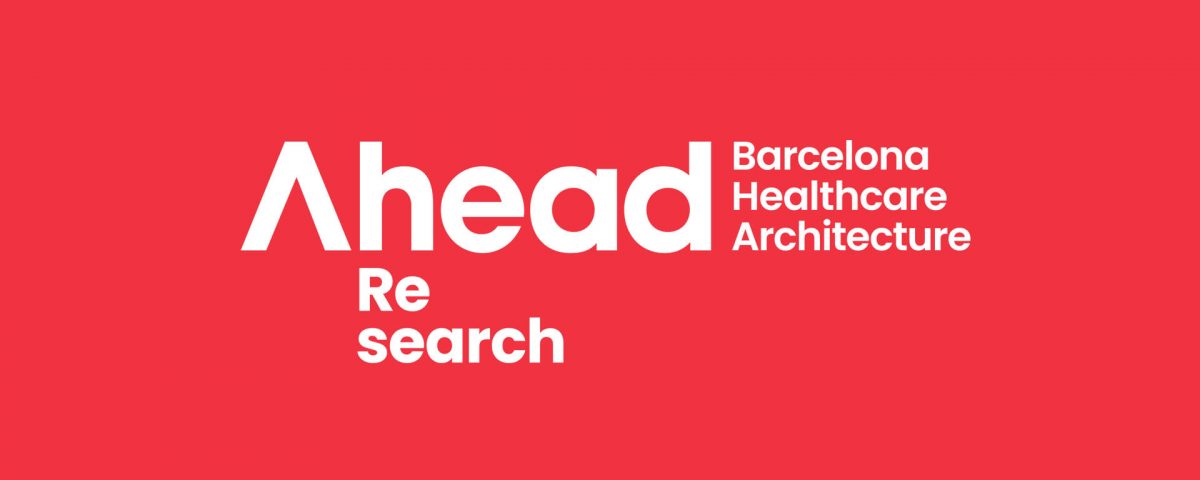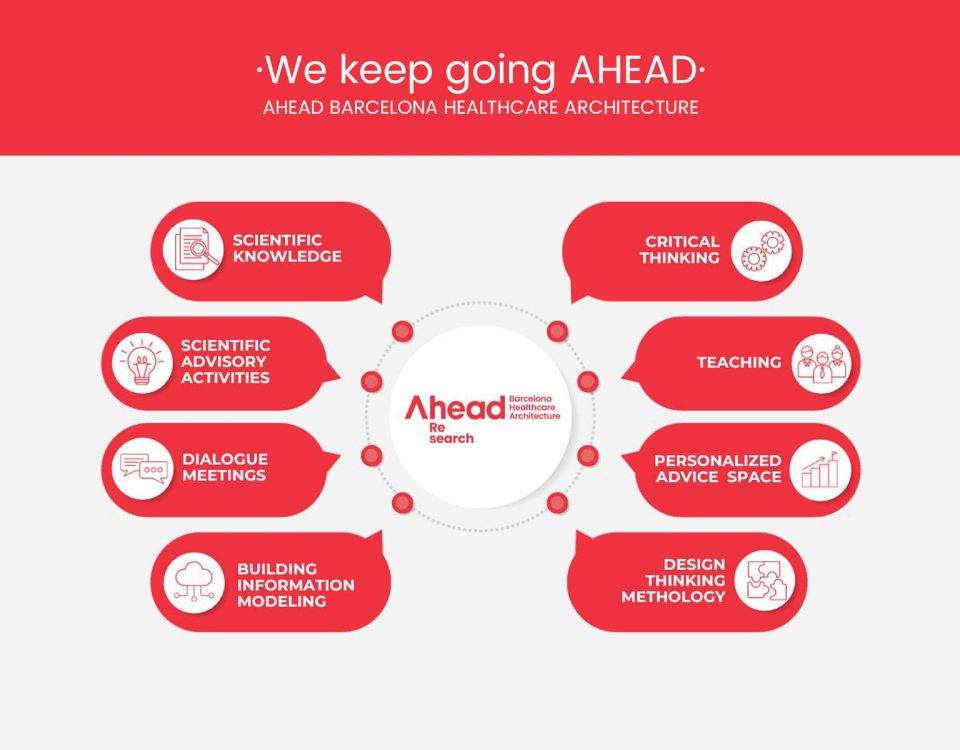
Mission, function, and values
10 January, 2024“The word ‘inhabit’ points to something inevitable for human beings. There is no person who does not inhabit, and there is no moment when one does not: we all inhabit and we inhabit always” (Doberti, 1998)[1].
According to Doberti, it is unavoidable not to inhabit space. It is a reality that defines our existence. Each individual does it uniquely, revealing in this constant activity a compelling need to be recognized.
Our focus is, among other things, to understand how we inhabit, the variations in this process, and how spaces influence us. This leads to the continuous development of our Research Area in the study[2].
Through various methods, we aim to clarify and find scientific evidence that provides us with quality information and allows the generation of a more humanized[3] and contemporary architecture. In this process, we explore unknown fields, reflect on basic assumptions, reshape our ways of thinking and designing, explore new disciplines, and engage in a dialogue with history to enrich the construction and evolution of housing issues.
We are aware that, through our designs, we anticipate and prescribe forms, establish relationships, and induce behaviors. That is why we consider research as a key tool to execute our designs and propose improvement paths that allow us to positively transform the living experiences offered.
For all these reasons, at AHEAD Barcelona Healthcare Architecture, we always say: “It is not enough for us to believe that we are doing things correctly due to over 25 years of experience in the sector, but we care to know that what we do is right from both the human and scientific perspectives.”
–
–
–


